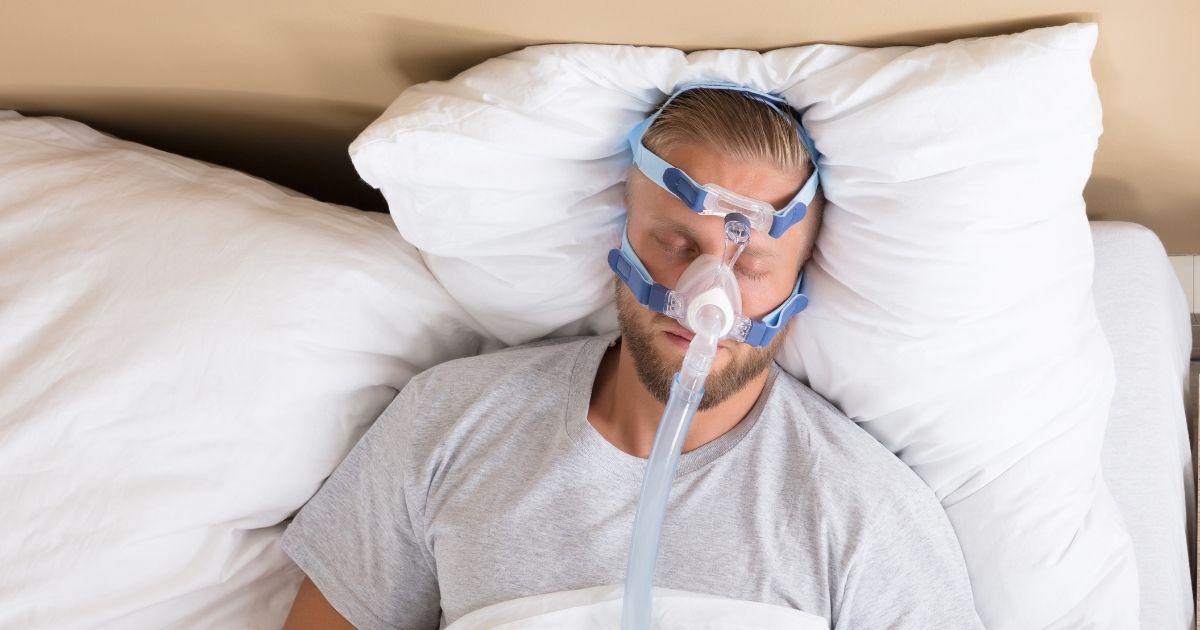Snoring and other nose problems that interfere with breathing and airflow can lead to obstructive sleep apnea, particularly a deviated septum or polyps within the nasal passage. Smoking, allergies, congestion, colds, and other conditions causing nasal tissues to swell can also contribute to sleep apnea. Patients with chronic nasal conditions of this type may require surgical intervention to ease sleep apnea, such as the laser-assisted uvulopalatoplasty (LAUP) procedure. What Is Obstructive Sleep Apnea? Obstructive sleep apnea occurs when the tongue[…] Read More
Can the LAUP Procedure Help With Sleep Apnea?



